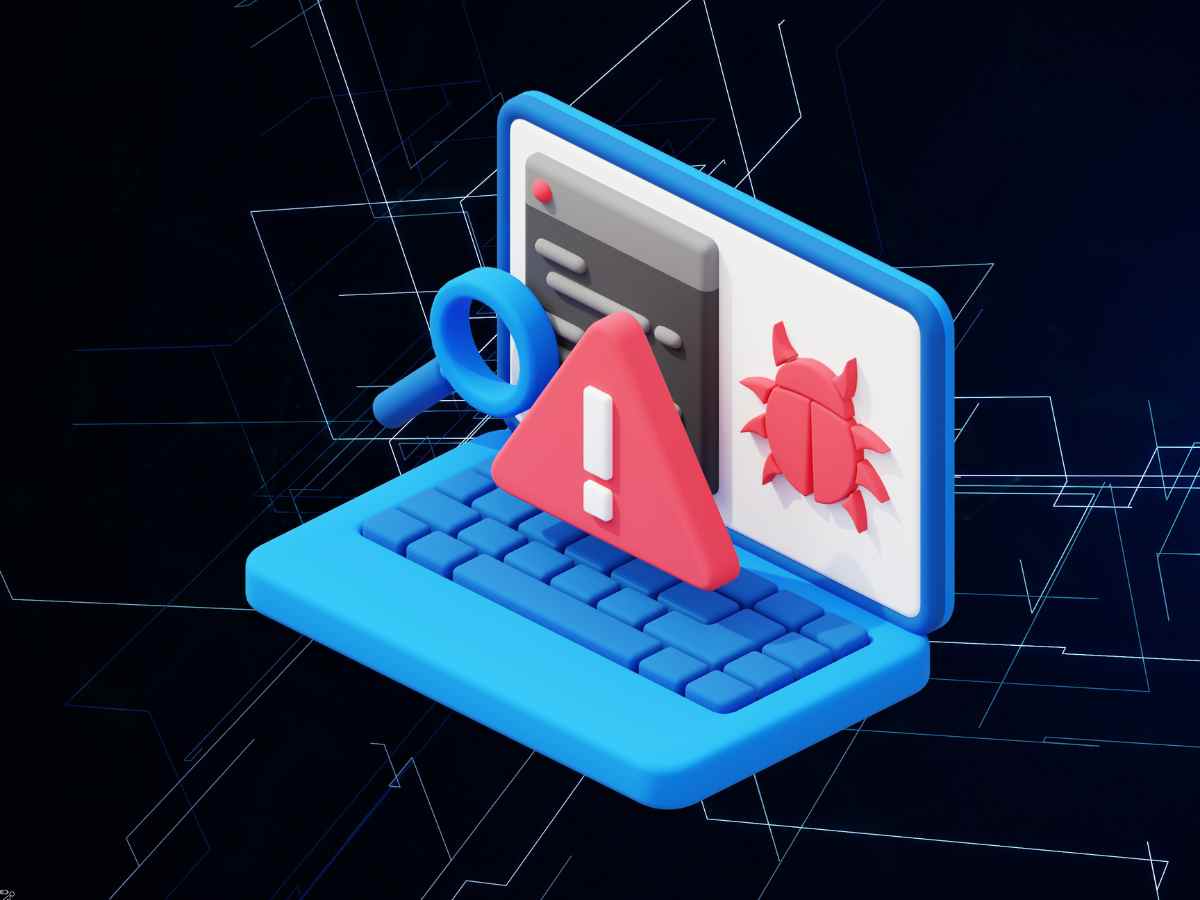In this fast-moving world, with notifications pinging and deadlines looming, at times, it feels as if time is running through your fingers. Managing time efficiently can change the game for you, at work and in your personal life. Time management is not simply ticking things off on a to-do list. It is an art that gives you power over your life, increasing productivity and improving well-being. Whether you are a working professional or student with lots of commitments or just a person trying to balance your life, mastering time management can turn chaos into clarity. It will analyze the importance of good time management in both personal and working spheres and how they can cultivate a more fulfilling and meaningful life.
Understanding Time Management
Time management involves planning and management of time spent on certain activities. It provides an individual with the capability to choose tasks, set goals, and utilize one’s time more effectively. Proper time management leads to higher productivity, less stress, and a good balance between work and life.
Why Time Management is Crucial

- Enhanced Productivity: Good time management allows you to accomplish more in less time. Prioritizing your tasks and focusing on what truly matters help you achieve a better outcome.
- Stress Reduction: When you are able to complete your task on time, you have time for your personal commitments, resulting in less stress. On the contrary, poor time management can lead to missed deadlines, more workloads, and hence increased levels of stress.
- Improved Decision-Making: Effective time management provides adequate mental space for reflective decisions. A proper plan helps in calculating the alternatives and outcomes clearly.
- Better Work-Life Balance: Balancing your time effectively helps you to maintain a good work-life balance. You will get time for yourself, your family and friends while balancing your professional life. This balance is important for overall well-being and happiness.
- Goal Achievement: Time management is instrumental in setting and achieving both short-term and long-term goals. By breaking down larger objectives into manageable tasks, individuals can create a clear pathway to success.
Strategies for Effective Time Management
The foundation of effective time management lies in goal setting. Use the SMART theory for setting goals which stands for: Specific, Measurable, Achievable, Relevant, and Time-bound. Having clear objectives provides direction and helps prioritize tasks.
2. Prioritize Tasks
Prioritize your task accordingly on the basis of their priority. Utilize the Eisenhower Matrix, also known as time management matrix which helps to categorize tasks into four quadrants based on urgency and importance:
- Urgent and Important: Tasks that need to be done immediately. Top Priority Tasks.
- Important but Not Urgent: Tasks that are important but can be scheduled later.
- Urgent but Not Important: Tasks that require attention but can be delegated.
- Neither Urgent nor Important: Tasks that are low priority.

Focusing on priority tasks first can lead to better outcomes.
3. Crafting Your Schedule
Craft your schedule by making a daily schedule or to-do list to organize your tasks, by dividing specific time slots for each task and try to stick to this schedule as much as possible. Use tools such as planners, notes, to-do list, calendars, and digital apps that can help keep you organized.
4. Use Time Blocking
Time blocking involves dedicating specific blocks of time to particular tasks or activities. This technique helps create a structured day and minimizes distractions. For example, you might reserve mornings for focused and priority tasks and afternoons for meetings or collaborative projects.
5. Limit Distractions
In today’s digital age, distractions are everywhere—social media, notifications, and the internet can easily derail focus. Identify your common distractions and take steps to minimize them. This might include turning off notifications, creating a dedicated workspace, or setting specific times for checking emails.
When to say no is one of the most challenging aspects of time management. Saying yes to too many commitments can lead to burnout and decreased productivity. Figure out the requests based on your current workload and priorities, and don’t hesitate to convey firmly that you already have a lot on your plate when necessary.
7. Review and Reflect
Set aside time each week to reflect on what worked well and what didn’t. Adjust your strategies accordingly to improve your approach continuously. Reviewing your progress will help you to figure out in which field you have to work more.
The Impact of Time Management on Personal and Professional Life
Personal Life
In personal life, effective time management leads to better relationships, enhanced self-care, and personal fulfillment. People who manage their time effectively spend quality time with family and friends, engage in hobbies, and pursue other activities that contribute to wellness. This approach to time management contributes to a more satisfying and balanced life.
Professional Life
In the workplace, effective time management skills can enhance career advancement. Those who respect deadlines and present good-quality output also help achieve group objectives and, thus, get noticed and even rewarded by employers. This ability for effective time management has value for an employer since it also reflects a sense of responsibility, commitment, and dependability.
Building a Positive Reputation
Time management is a very important aspect of building a good professional reputation. Colleagues and superiors appreciate those who are able to deliver at all times. This reputation leads to new opportunities, promotions, and professional networking.
Overcoming Common Time Management Challenges
Despite the best strategies, challenges to effective time management often arise. Here are a few common hurdles and how to overcome them:
Do you also have the habit of leaving your task for tomorrow and then forgetting to do this? Procrastination becomes a huge hurdle to efficiently managing your time. Overcome this by dividing tasks into smaller, manageable chunks setting deadlines for each segment. Use techniques like the Pomodoro Technique which involve working in focused tasks followed by short breaks.

There is no such thing as perfectionism. If someone is saying they are perfect, either the person is lying or has some supernatural powers. The desire for perfection can lead to analysis paralysis, where individuals become stuck in indecision. Recognize that perfection is sometimes not achievable, and your best work under reasonable time constraints is good enough.
Overcommitment
Many people struggle with overcommitting to projects or tasks. Therefore, learn to assess your workload realistically and prioritize well. Sometimes, it is perfectly right to delegate some tasks or also decline additional responsibilities as one would be overloaded already. It is very essential to take a break at the right time and not overburden yourself.
Conclusion
Time is the most powerful tool of your life. Those who know how to balance it, become different from the rest. Those who value their time and energy tend to be more successful and balanced in life. Mastering time management is a vital soft skill that transforms both personal and professional lives. Goal setting, prioritizing tasks, making structured schedules, and reflecting on progress are some of the ways in which an individual can improve productivity as well as reduce stress. In a world where every second counts, time invested in learning how to develop this skill is not merely beneficial; it is crucial in taking you to the pinnacle of success and healthy work-life balance.






